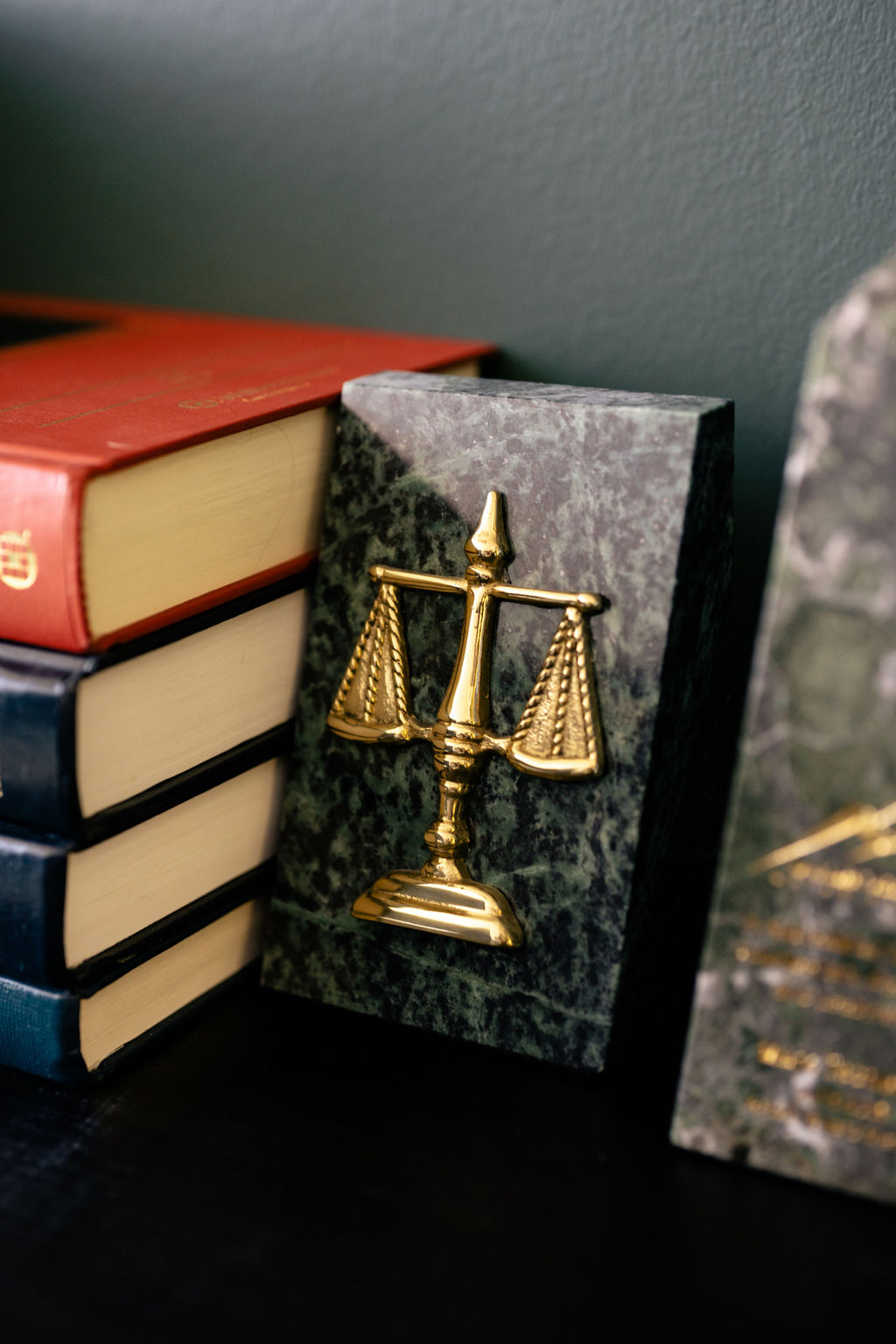
Colorado Eviction
Resources + Tools
Education
At TS, preventive law is king. We know that better educated clients are less likely to get into legal trouble. And, if they do run into a problem, we can more successfully defend them knowing that they were in compliance with the law.
Colorado Eviction Resources
Helpful Resources
Eviction Form Library
Landlord News Archive

Eviction Resources & Education
We have decades of experience in handling eviction cases. Let us share our knowledge with you.
Quick Tip
does your lease contain unenforceable penalties?
Quick Tip
confronting emotional support animal fraud
Article
answers to questions about house bill 1121
Quick Tip
why do i have an eviction judgment on my record and what do i do about it?
Article






